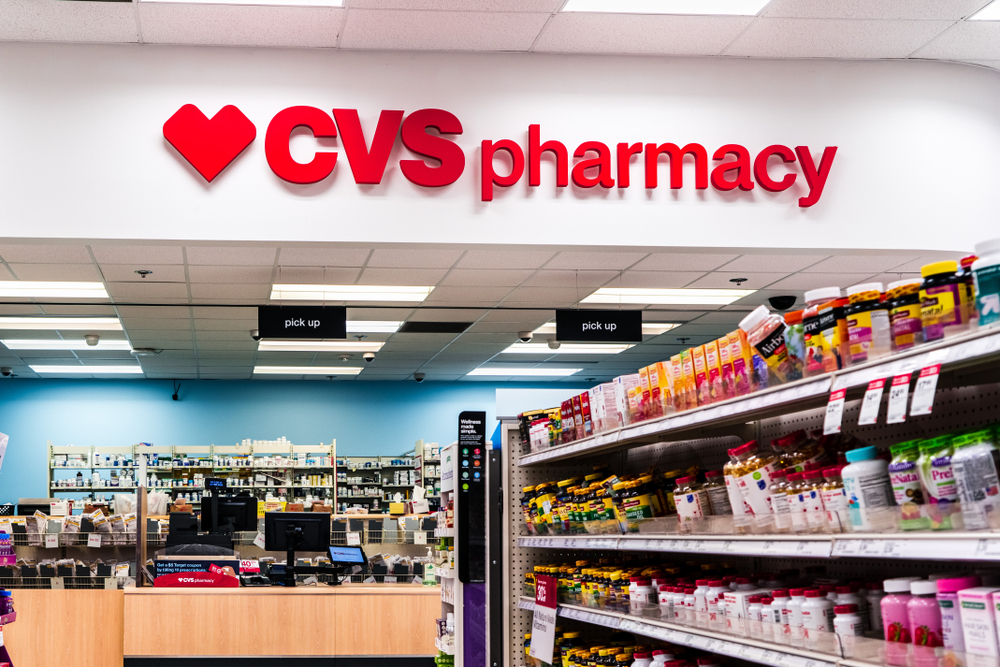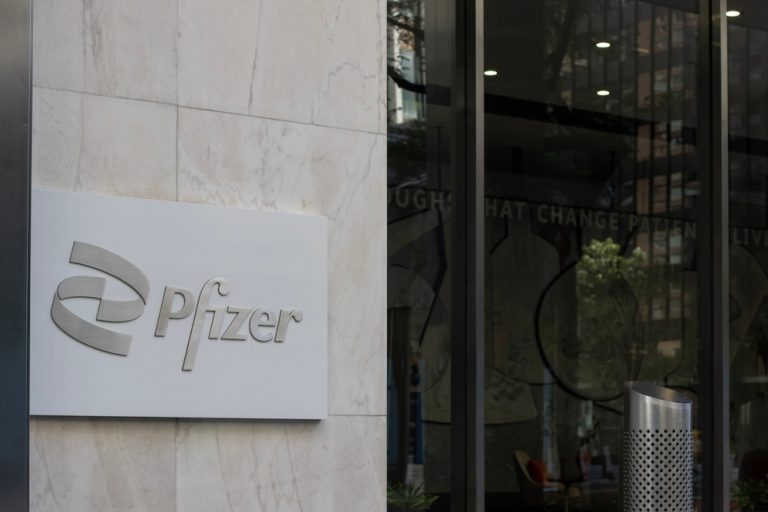Strong Q1 Performance Drives CVS Stock Up 7%
CVS Health (CVS) reported stronger-than-expected earnings for the first quarter of 2025, with shares rising 7% in premarket trading. The company reported adjusted earnings of $2.25 per share, surpassing analysts’ expectations of $1.70, and revenue of $94.59 billion, which also beat the anticipated $93.64 billion. The positive results were driven by growth across all three of CVS’ business segments, though the company remains cautious about the rest of the year, due to continued economic uncertainty and higher medical costs.
CVS Raises Full-Year Guidance Despite Tariff Concerns
CVS increased its full-year adjusted earnings guidance to $6.00–$6.20 per share, up from its prior forecast of $5.75–$6.00 per share. However, the company also revised its GAAP diluted EPS guidance downward due to charges related to a legal case involving its pharmacy services provider subsidiary, Omnicare. A jury recently found Omnicare liable for dispensing drugs without valid prescriptions to elderly and disabled individuals in care facilities. CVS plans to appeal the ruling but acknowledged that this could impact its earnings for the year.
Insurance Business Shows Signs of Improvement
One of the most encouraging signs in CVS’ Q1 results was the improvement in its insurance business, which had struggled in recent quarters. The company’s medical benefit ratio — the total medical expenses paid relative to premiums collected — decreased to 87.3% from 90.4% a year earlier. This suggests that the company was able to collect more in premiums than it paid out in benefits, which typically translates to higher profitability. CEO David Joyner pointed to stronger performance in the Medicare business and improved Medicare Advantage star ratings as key drivers of the improvement.
Challenges in Retail Pharmacy and Health Services Segments
While CVS saw growth in its insurance and health services segments, its retail pharmacy division faced challenges. Sales in the pharmacy segment were below Wall Street expectations, pressured by softer consumer spending and lower reimbursements for prescription drugs. Additionally, the company’s health services segment, which includes Caremark, posted $43.46 billion in revenue, just missing analysts’ expectations of $43.64 billion, but still showing solid year-over-year growth of nearly 8%.
Future Outlook and the Impact of Potential Tariffs
Looking ahead, CVS remains cautious for the rest of 2025, maintaining a “cautious view” due to the ongoing impact of higher medical costs and macroeconomic headwinds. CEO David Joyner also highlighted the potential impact of President Trump’s proposed tariffs on imported pharmaceuticals, noting that CVS is closely monitoring the situation. Fortunately, the company’s retail products are primarily sourced from the U.S., which could provide some insulation from the tariffs on imported goods.
Aetna Announces Changes to Health Insurance Plans
In a separate announcement, CVS revealed that its insurance unit, Aetna, will stop offering health insurance plans on the Affordable Care Act marketplaces starting in the 2026 plan year. This decision follows a shift in Aetna’s strategic focus and the evolving landscape of health insurance options. Despite this move, Aetna’s performance during Q1 was strong, with revenue of $34.81 billion, up 8% year-over-year, and adjusted operating income rising sharply to $1.99 billion from $732 million last year.






















